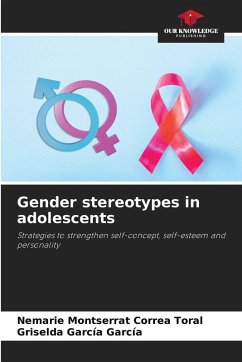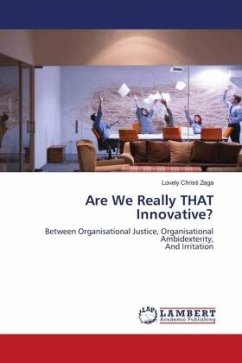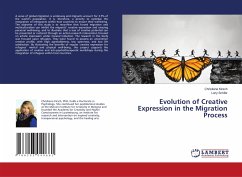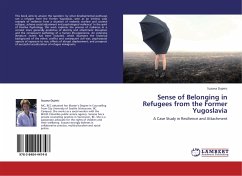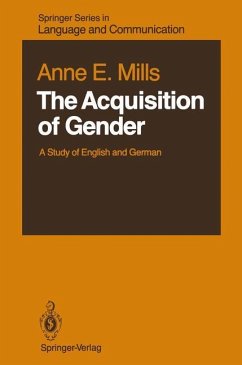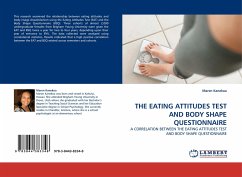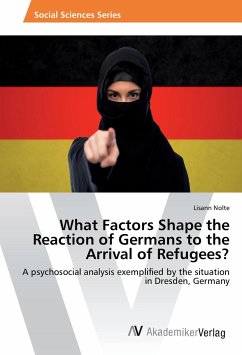
What Factors Shape the Reaction of Germans to the Arrival of Refugees?
A psychosocial analysis exemplified by the situation in Dresden, Germany
Versandkostenfrei!
Versandfertig in 6-10 Tagen
25,99 €
inkl. MwSt.

PAYBACK Punkte
13 °P sammeln!
The purpose of this research was to find out why people in the same context behaved in such opposing ways to the recent refugee influx in Germany. More specifically, the aim was to deepen the understanding of the current situation in Germany, to find out how different people experienced it and how their motives came about to become active in either protest or support movements or to simply continue with their daily lives as usual. The hope is that the results can lead to an identification of better ways on how to deal with the current situation and with possible similar situations in the futur...
The purpose of this research was to find out why people in the same context behaved in such opposing ways to the recent refugee influx in Germany. More specifically, the aim was to deepen the understanding of the current situation in Germany, to find out how different people experienced it and how their motives came about to become active in either protest or support movements or to simply continue with their daily lives as usual. The hope is that the results can lead to an identification of better ways on how to deal with the current situation and with possible similar situations in the future. To achieve this aim, semi-structured interviews were conducted with 21 participants in Dresden, Germany, where both a big protest movement and many smaller support movements emerged in a reaction to the incoming refugees. The different groups were explored from the perspective of social psychology and the interviews were analyzed with a focus on intergroup relations.




